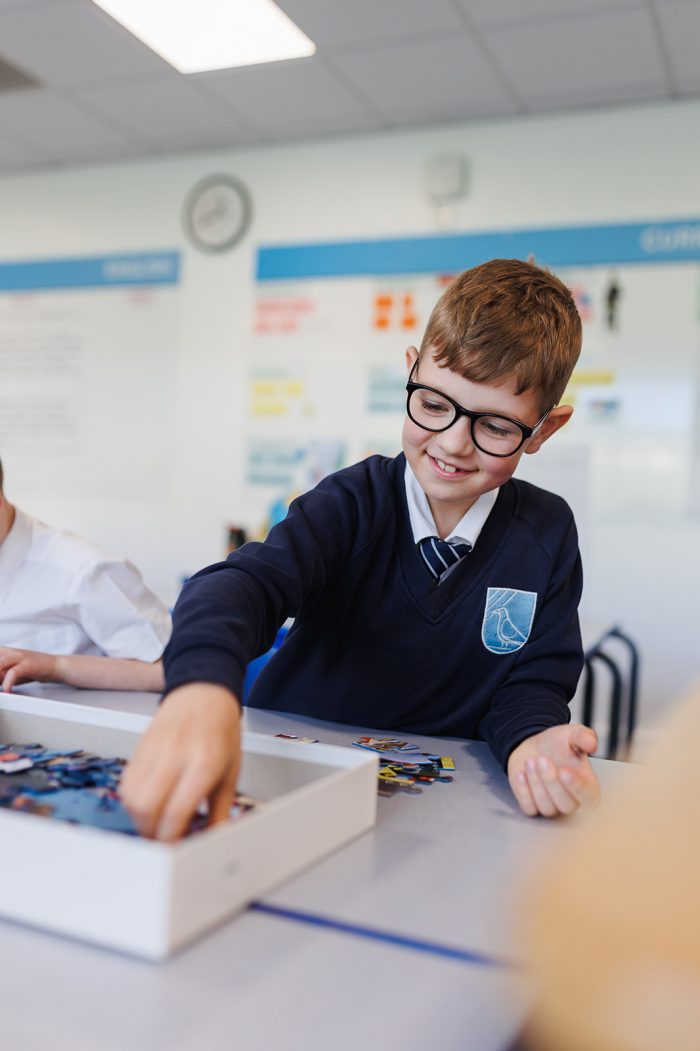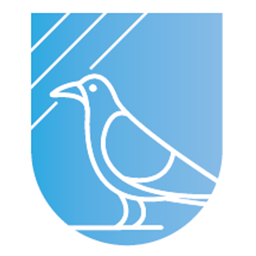
- To become fluent in the fundamentals of mathematics.
- To be able to reason mathematically
- To successfully solve problems by applying their mathematics knowledge
- Can sing and use their voices individually and in a group
- Create and compose music on their own and with others
- Use technology appropriately when composing
- Have opportunities to learn a musical instrument
- Understand and explore how music is created, produced and communicated
- Listen to, review and evaluate the work of great composers and musicians from a range of historical periods, genres, styles and traditions
- Enjoy and have an appreciation of a range of different musical styles e.g. Classical, Jazz, Hip Hop, Pop, Rock etc.
- Make judgements about the quality of music.
Our carefully designed curriculum supports all of these requirements and has children’s wellbeing at the heart of an informative and modern curriculum. It brings together PSHE Education, compulsory Relationships and Health Education, emotional literacy, mindfulness, social skills and spiritual development as well as up-to-date responses to a wide range of local crime and safeguarding concerns.
Our trust’s overarching intent for our pupils is to provide a personal, social, health and economic (PSHE) education programme of study which ensures all pupils are provided with:
- Accurate, balanced and relevant knowledge to enable them to appreciate what it means to be a positive, tolerant member of a diverse multicultural society.
- Opportunities to turn that knowledge into personal understanding and skills they can apply to real life situations.
- Opportunities to explore, clarify and if necessary, challenge, their own and others’ values, attitudes, beliefs, rights and responsibilities.
- The skills, language and strategies they need in order to live healthy, safe, fulfilling, responsible and balanced lives.
- Opportunities to develop positive personal attributes such as resilience, self-confidence, self-esteem and empathy.
- An understand of the importance of self-care, both physically and mentally.
Parents and carers have the rights to withdraw their child from all or part of RE, should you wish. Please contact your child's schoolteacher to discuss further.
Phonics and Reading Scheme
Phonics
“If pupils cannot read, they will not be able to access the curriculum, and will be disadvantaged for life” Research for EIF framework, p20, 2019
As a core curriculum subject, English is a priority at the Rookeries. We encourage children to become resilient readers and confident communicators and reading is prioritised to enable all children to access the curriculum.
Our consistent and rigorous approach to teaching early reading enables children to master the key skills that research suggests is important early on.
To do this, we follow the Read Write Inc. programme; this sets out a sequence of lessons that teaches children to read accurately and fluently with good comprehension. They also learn to form each letter, spell correctly and compose their ideas step-by-step.
Reading
Children will:
- Learn 44 sounds and the corresponding letter/letter groups using simple prompts.
- Learn to read words using sound blending (Fred talk) e.g. c-a-t = cat, sh-o-p = shop.
- Read ‘red words’ these are words that have less common spelling patterns.
- Read lively stories featuring words they have learnt to sound out.
- Show that they comprehend the stories by answering 'Find It' and 'Prove It'.
Writing
Children will:
- Learn to write the letter/letter groups which represent the 44 sounds.
- Learn to write words by saying the sounds and graphemes (Fred fingers).
- Learn to write simple then more complex sentences.
- Compose stories based on story strips.
- Compose a range of texts using discussion prompts.
Talking
Children will learn how to:
- Answer questions
- Practise every activity orally.
- Take turns talking and listening to each other.
- Give positive praise to each other.
Home Reading
While a child is learning to read, they will be given the storybook that they have read in class so that they can practise re-reading it at home. This is done to help them build their confidence and fluency.
They will also be given a ‘book bag book’ which will be an exciting text that they will be able to read themselves; this is because they will have learnt all the letters and ‘red words’ already in class but parents or carers can offer some help if the child needs it.
It is really important that parents or carers listen to the child read at least three times a week.
Finally, a child will be given a library book; this book is for the parent or carer to read to the child and it is crucial at helping the child expand their vocabulary and develop their love for reading.
Resources for Parents
The government strongly recommend the use of synthetic phonics when teaching early literacy skills to children. Synthetic phonics is simply the ability to convert a letter or letter group into sounds that are then blended together into a word.
Further Information
The curriculum is designed to be accessible for students with Special Educational Needs and disabilities, in accordance with the Equality Act 2010 and the Special Educational Needs and Disability Regulations 2014. Our SEND report can be found here.
If any parents or other members of the public would like to find out more about the curriculum our school is following, please contact the school at admin@rookeries.patrust.org.uk
Please click on the links below for information about our EYFS curriculum and the Primary National Curriculum



